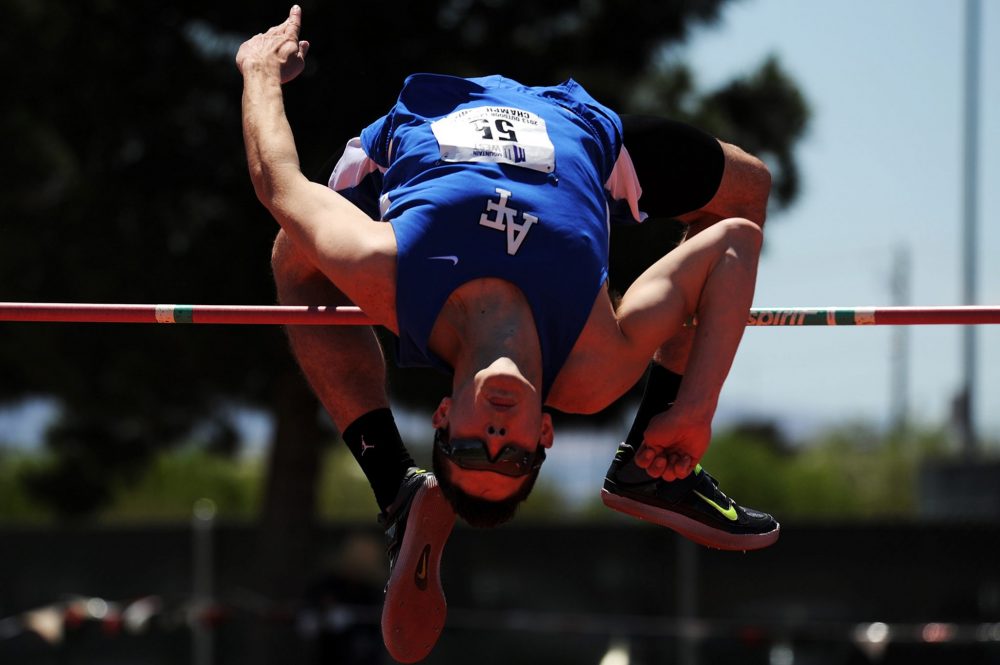Protecting athlete welfare in high performance sport
Elite performance sport is by nature a cut-throat industry which has the potential to prioritise winning over athlete welfare. It demands that its participants must operate at the absolute limit of their physical capabilities to stand a chance of being successful.
Both athletes and their support teams must pursue excellence in all areas to achieve tangible positive results in competition. It is therefore important that positive changes are implemented in sport governance to ensure a duty of care.
The high-performance funding scheme run by UK Sport provides a context for this win-at-all-costs mentality, placing an onus on short-term results to secure the longer-term future of the sport. Recently, for example, British Cycling, British Rowing, British Athletics and British Sailing all secured upwards of £25million to invest in their respective sports ahead of Tokyo 2020; whereas seven sports that have not performed so well in recent years – badminton, weightlifting, table tennis, archery, fencing, wheelchair rugby and goalball – received zero funding during this four-year cycle.
In an elite sporting environment athletes are compelled to push themselves to their absolute limits. That expectation extends to every functional element of the organisation. Coaches, for example, must strain their every sinew to get the best out of their team, and medical staff, too, must push the boundaries of science to gain a competitive advantage over their adversaries.
But what are the pitfalls for both UK Sport and the individual sport’s governing body? When there are performance targets that need to be met at all costs, does this lead to bullying and malpractice? Or is it the case that one person’s bullying or rule-breaking is another person’s tough performance culture?
Given UK Sport’s ‘money for medals’ policy, it is perhaps unsurprising that athlete welfare seemed to be given secondary importance to competition performance for British Cycling’s leadership team. However, allegations of sexist abuse, discrimination and bullying that emerged were no less concerning.
British Cycling was held up as a model for other sport governance bodies, however in light of recent events, some big reputations have been damaged, and important funding jeopardised. Serious questions were raised about UK Sport after warning signs over cycling’s culture were not acted upon.
If teams are operating in grey areas in respect of rule-breaking or competing under a dark cloud of controversy, they risk losing the interest of their fans. They become less relatable and their performance less impressive. This could have a profound impact on the sport, with sponsors and broadcasters following the fans exodus. If this were to happen to a sport, it would be a long road back…
Implementing positive changes to protect athlete welfare
Over the last few years, there has been a marked increase in the number of sports becoming embroiled in a athlete welfare controversies. Allegations of abuse in football, cycling, canoeing, archery, and many more, emphasise the need for immediate and thorough action by industry leaders.
Robust governance and implementation of policies and procedures at all levels from the board downwards is, of course, important for all organisations. Following the ongoing revelations of alleged abuse and safeguarding failings within British sport, boards will now rightly face increased scrutiny of these areas by concerned families, media and politicians.
The key for sports organisations is to be proactive in diagnosis and investigation of concerns, and forward-thinking in enacting positive change.
Here we identify four ways to implement positive change in sporting organisations to protect the welfare of athletes:
- Change the culture
- Recognise that duty of care and winning need not have a mutually exclusive relationship
- Raise organisational expectations
- Develop a set of common values, leadership principles and employee behaviours
- Focus on the people
- Provide better training for team staff – greater emphasis on improving man management and interpersonal skills
- Easier athlete appeals lodging process
- Ensure effective and well-explained whistleblowing channels exist
It is up to sport governance bodies to recognise this and transfer the culture of excellence in terms of medal success to the leadership, management, engagement, communication and duty of care afforded by the organisation.
Written by Greg Barr-Smith, a former employee here at Verita.
Find out more
To find out how Verita can help your organisation identify and overcome its governance challenges in respect to athlete welfare, please book a free consultation or contact Ed Marsden on 020 7494 5670 or [email protected].





